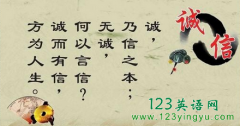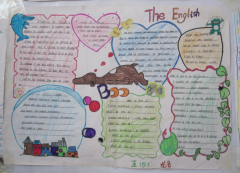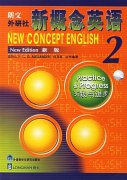初中英语语法大全:句型转换(2)
编辑:高中作文网
A:The children had a good time in the park.
B:The children enjoyed themselves in the park.
2、同义句型之间的转化。常见的同义句型有①It seems that 从句→Somebody seems(to be)+adj/n ②It's kind of sb. to do…→Somebody is kind to do… ③What does…mean?→What do you mean by…? 或What's the meaning of…?④There is something wrong with…→Something is wrong with… ⑤not…until…与when/after/before引导的时间状语从句的转换 ⑥What's wrong with…?→What's the matter with…? ⑦How is…?→What's…like…?⑧How do you like…?→What do you think of?⑧It's time that…→It's time for sb. to do…⑨It's said that…→People say that…⑩Can I help you? →What can I do for you?
例如:
A:I went to bed after I finished my homework.
B:I didn't go to bed until I finished my homework.
3、if引导的条件状语从句的转化。例如:
A:If it doesn't rain tomorrow, they'll go to the park.
B:Unless it rains tomorrow, they'll go to the park.
A:If you don't hurry, you'll be late.
B:Hurry up, or you'll be late.
A:Fish can't live if there is no water.
B:Fish can't live without water.
4、现在完成时态中的一句多译。在现在完成时态中,结束性动词不能与时间段连用,必须改成相应的延续性动词。常见的动词转换有:buy-have, borrow-keep, die-be dead, open-be open, join-be in+组织/be a +成员, begin-be on, leave-be away from, close-be closed, arrive in/ get to/ come/go to-be in/at, finsh-be over, go to sleep-be asleep,get up-be up.
例如:The old man died five months ago.
The old man has been dead since five months ago.
The old man has been dead for five months.
It's five months since the old man died.
Five months has passed since the old man died.
5、简单句与复合句之间的转换。
①含宾语从句的复合句与简单句的转换。例如:
A:I saw they were playing football on the playground.
B:I saw them playing football on the playground.
A:The teacher found that she was very clever.
B:The teacher found her very clever.
A:He found that it was hard to learn English well.
B:He found it hard to learn English well.
A:We are sure that we will win to first match.
B:We are sure to win to first match.
由疑问代词/副词引导的宾语从句可转化为“疑问句+不定式”结构。例如:
A:Could you tell me how I can get to the railway station?
B:Could you tell me how to get to the railway station?
A:We don't know what we should do next.
B:We don't know what to do next.
②由when/after/before/while/since/until引导的时间状语从句可转化为when/after/before/while/sine/until + doing…
例如:
A:They went home after they finished their work.
B:The went home after finishing their work.
A:Mr Smith has taught English since he came to China.
B:Mr Smith has taught English since coming to China.
When sb. +be+数词+years old→at the age of+岁数
A:When he was twelve years old, Edison started writing his own newspaper.
B:At the age of twelve, Edison started writing his own newspaper.








